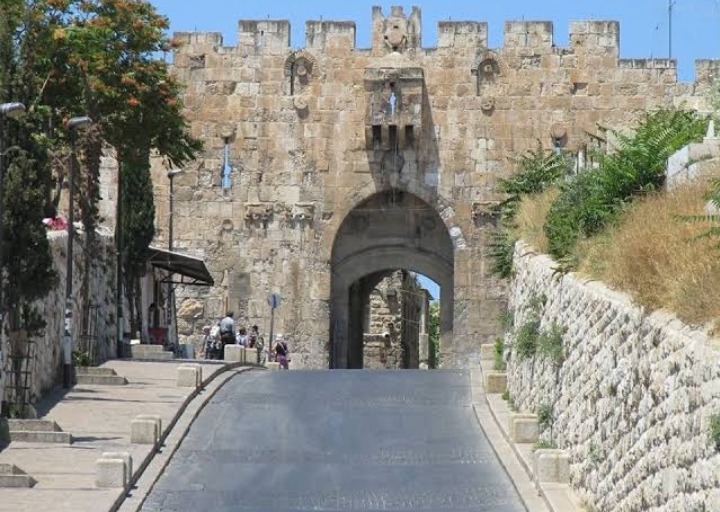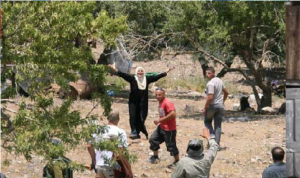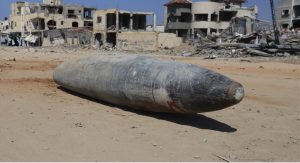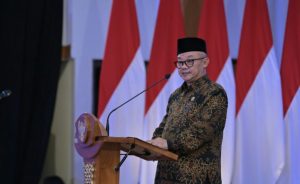Jerusalem, MINA – For the first time ever, a group of hardcore Israeli settlers escorted by police on Sunday broke into the Al-Aqsa Mosque compound in occupied Jerusalem through the Lions Gate on the eastern side of the complex, which is solely used by Muslims.
Over the past years, Israeli occupation authorities have only allowed settler groups to break into the holy site through the Moroccan Gate, on the western side of the mosque complex, but this was the first time that Israeli police allowed settlers to use the Lions Gate, a step that Sheikh Omar Kiswani, the director of the mosque, described as a serious step that violates the status quo at the holy site and the agreements signed between Israel and Jordan concerning the affairs of the mosque. Thus, it was quoted by
Kiswani said the Israeli police claimed that they only asked a group of settlers who had entered the holy site through the Moroccan Gate to leave through the Lions Gate, but he said soon after the police allowed another group, although a smaller one, to enter the holy site through the Lions Gate.
Since 2003, the Israeli occupation authorities have allowed settlers into the compound almost on a daily basis, with the exclusion of Friday, the Muslim day of rest and worship.
Also Read: WHO: 16,000 Patients in Gaza Awaiting Evacuation Abroad
The development comes on the 53rd anniversary of the Al-Aqsa Mosque arson, when Denis Michael Rohan, an Australian tourist, set the main building inside the mosque and its pulpit on fire.
The Jordan-run Islamic Waqf Department in charge of the holy site has repeatedly described the settlers’ presence in Al-Aqsa Mosque as provocative, saying that Palestinian worshippers and guards at Al-Aqsa feel uncomfortable with the presence of Israeli police and settlers touring the Islamic holy site.
Israel captured East Jerusalem, where Al-Aqsa Mosque is located, during the Six-Day War in 1967 in a move never recognized by the international community. (T/RE1)
Mi’raj News Agency (MINA)
Also Read: Two Civilians Martyred in Israeli Drone Attack in Southern Gaza





































 Mina Indonesia
Mina Indonesia Mina Arabic
Mina Arabic